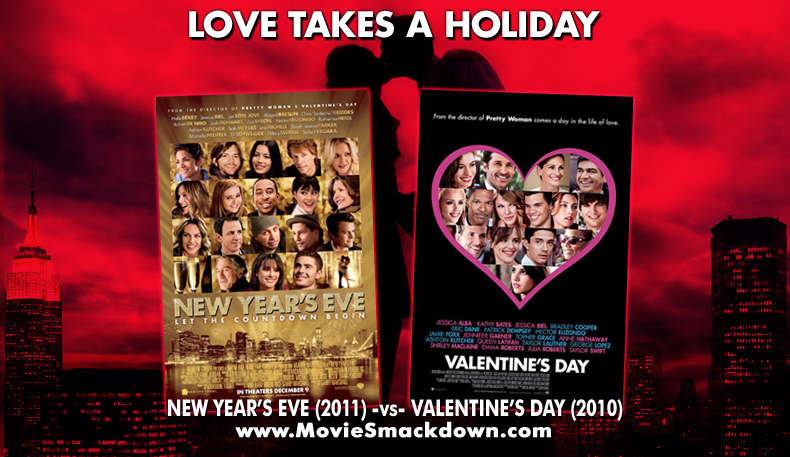
The Smackdown
Every holiday comes with its baggage—the expectations, the pressures put on relationships, the sometimes-painful memories and the hope that somehow, some way, this year will be different. So it is with this Smackdown. Can New Year’s Eve improve on Valentine’s Day, which audiences seemed to like despite the widespread critical takedowns? We’ve got the same director, Garry Marshall, and the same writer, Katherine Fugate. Each film has a cavalcade of stars, such an ensemble of names that part of the fun is in seeing if you can identify them all. Each is also a romantic comedy set in a big city during a twelve-hour time period.
With intertwining storylines that pull at the heartstrings, each movie tries to follow the same formula: Make them laugh, make them cry, throw in some life-affirming clichés and have audiences leave the theatre feeling better than when they came in. But which succeeds best? And are these holiday-themed films really worth celebrating?
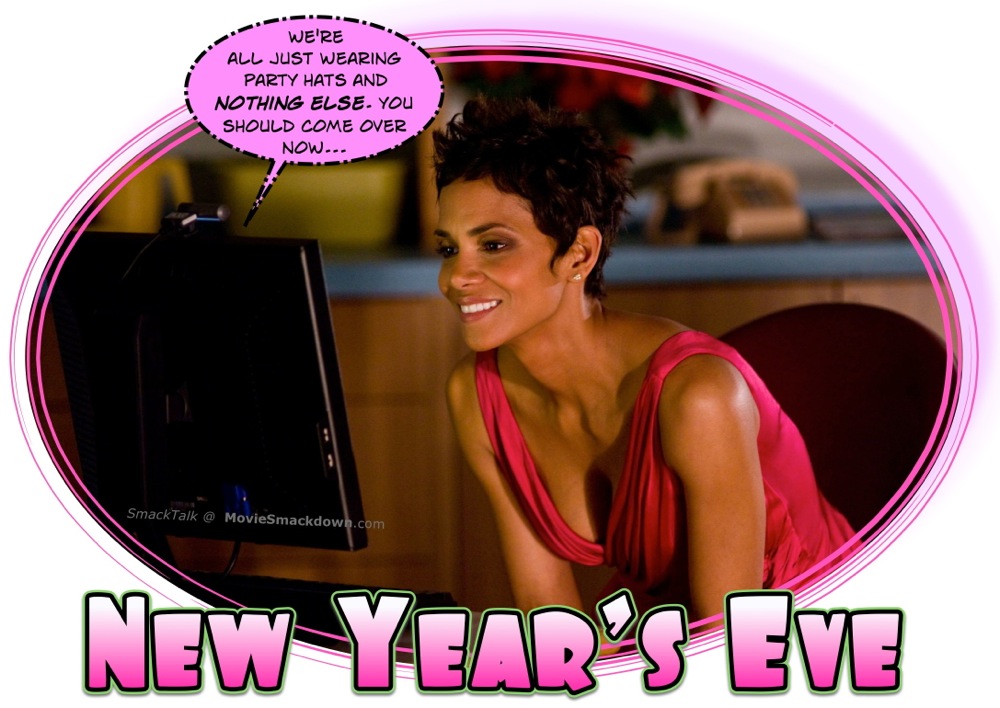 The Challenger
The Challenger
As one of the characters says in this new release, New Year’s Eve is all about who you kiss at midnight. This is a holiday that says goodbye to the past and hello to the future. It’s a time when we can feel a little vulnerable, when we evaluate both where we’ve been and where we’re going.
Although the cast is stellar, New York City is clearly the star of New Year’s Eve. The movie opens with shots of the city’s landmarks, and we find ourselves in Times Square, where Hillary Swank is in charge of the midnight ball-drop. She wants to be a tough cookie, but she’s really just figuring it out as she goes. Luckily, she’s got Ludacris helping her out and giving her advice. Another storyline brings Michelle Pfeiffer together with Zac Efron. Her character is similar to the one she played in Batman Returns before turning into Catwoman—meek, insecure, and lost. Efron is just the antidote she needs; he’s fun-loving, young and confident.
Meanwhile, Jessica Biel and Seth Meyers want their baby to be the first one born after midnight so they can win a $25,000 prize. And Ashton Kutcher’s cynic is stuck in an elevator with Lea Michele’s wide-eyed optimist. At the same time, Josh Duhamel is stuck in the snow, so he hitches a ride in a motor-home because he desperately wants to get back to the city before midnight. Sofia Vergara pretty much brings her Modern Family character to the screen with a thick accent and misuse of words. Her character says, “How did you know that? Are you psychotic?†Katherine Heigl corrects her: “You mean psychic.†Ha ha.
The clock is literally ticking, Â as we move between stories and wonder if these characters will get what they want, or what they need, before midnight.
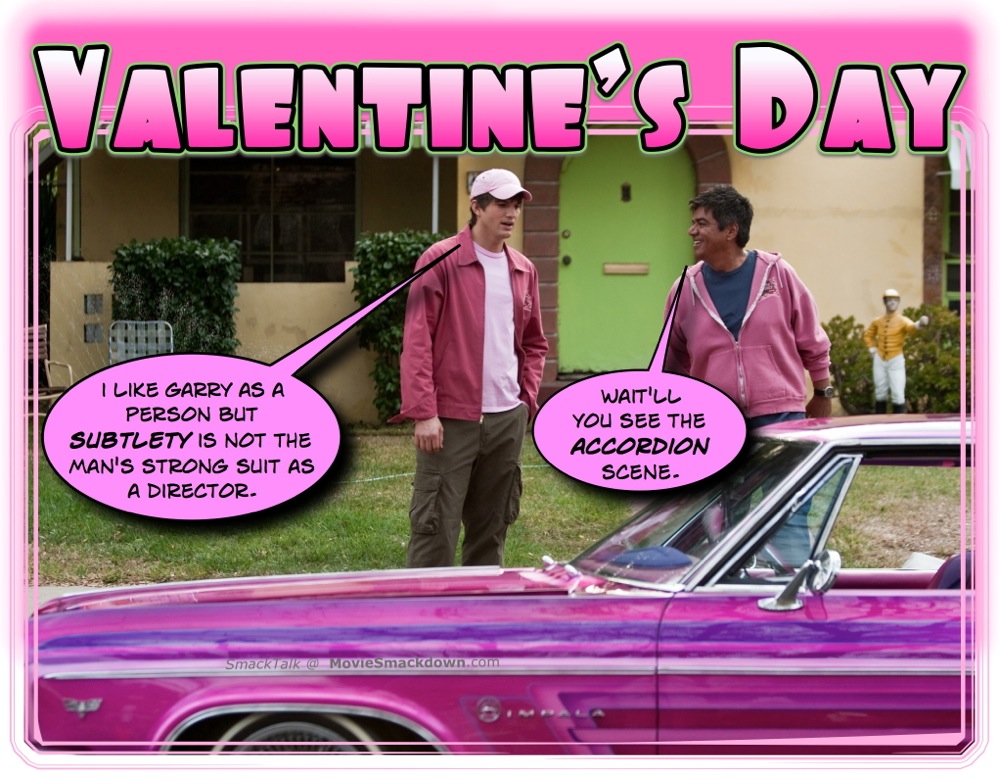 The Defending Champion
The Defending Champion
Valentine’s Day is the day when we want to be with someone we love. If we haven’t found love, we’re looking for it. If we have found love, we’re celebrating it. The characters in this film participate in the holiday much the same way. Set in Los Angeles, the film treats us to blue skies, palm trees, beaches and the kind of weather in February that lets actresses run around in tank tops and short skirts.
Ashton Kutcher is a florist making the rounds for his customers on his busiest day of the year. He starts the day by proposing to his workaholic girlfriend, Jessica Alba, who accepts, even though we can tell she’s just not that into him. We know he’s much better matched with his BFF, a pretty schoolteacher played by Jennifer Garner, who has the hots for a married man, Patrick Dempsey.
Jessica Biel plays a PR exec who is sour on the holiday, and decides to throw an anti-Valentine’s Day party. Jamie Foxx is the sportscaster who just might change her opinion. And Anne Hathaway is an actress making ends meet as a phone-sex worker, while romancing Topher Grace. As all this is going on, Julia Roberts sits next to Bradley Cooper on a flight to Los Angeles, and the two strangers giggle and bond.
We know where they all started when Valentine’s Day began, but where will they end up once Valentine’s Day is over?
The Scorecard
There are so many parallels between these two movies that the struggle is in sorting out their differences. Garry Marshall is known for his heartfelt humor and happy endings. And yes, he provides us with plenty of cornball moments as well. But that’s why audiences go to see Garry Marshall movies—because we love his brand of sappy silliness! We aren’t expecting Oscar-worthy performances or amazing cinematography or edge-of-our-seat chase scenes. What we are expecting is something sweet and light and fun. And when you’ve got all these stars having fun playing with each other on screen, we can’t help but have fun right along with them. The situations are outlandish, but they make us laugh.
Movie clichés abound. In Valentine’s Day, a lonely Jessica Biel scarfs down chocolates. In New Year’s Eve, a heartbroken Katherine Heigl does the same. In New Year’s Eve, when Michelle Pfeiffer decides to take charge of her life, she literally takes the driver’s seat. Both movies also show us that love is not limited only to romantic love but is also about love of parents, children, families and friends.
Biel and Kutcher appear in both movies. She’s much more likeable in New Year’s Eve, and he’s more likeable in Valentine’s Day, where his character is upbeat and goofy as opposed to the sullen and slightly creepy guy he plays in the new film. Both films feature Marshall’s “good luck charm,†Hector Elizondo, who has that gruff-but-sweet demeanor that makes us love him in everything he does. As far as casting goes, let’s call it a wash.
The Decision
It’s a close call. These are the kinds of movies that most critics skewer and most audiences adore. But the decision ultimately goes to New Year’s Eve, mainly because it doesn’t take itself so seriously. Not that the first film did, but Marshall and writer Fugate have clearly found a groove; they know what this movie is about and who it appeals to. There are lots of little nods to the audience, some almost inside jokes that let us know we’re all in this together.
Over the credits, amid the outtakes, there’s a not-so-subtle plug for the Valentine’s Day DVD, which drops February 1. It’s a very savvy, clever business move, and yet, in Marshall’s hands, still sweet. These movies are all about love, and these filmmakers clearly love making movies. At the end of New Year’s Eve, Josh Duhamel’s voiceover says, “Love gives us hope.†And with that hope in mind, I’d go see any Garry Marshall movie and not be disappointed.

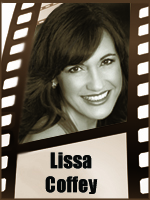

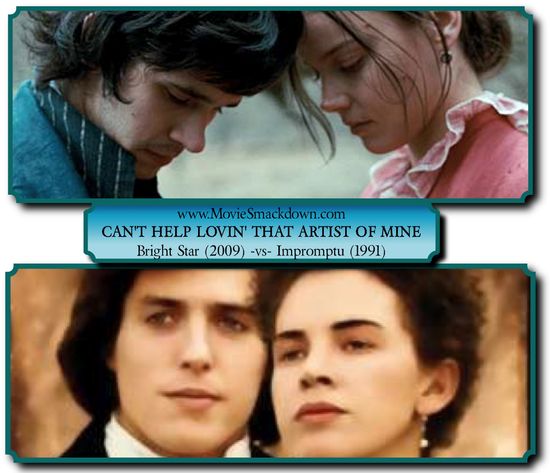

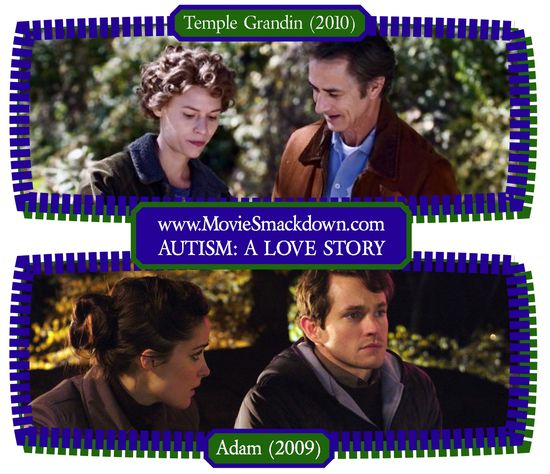
When will Yom Kippur come to Malaysia?
Looking forward to Garry Marshall’s next holiday pic, “Yom Kippur!” A feel good movie about Jews fasting. Filled with laughs, kvetching & bad breath!
Great review, Lissa! This makes me want to see both of these movies. Sometimes we just need a light movie that will make us laugh. Sounds like these will do it!